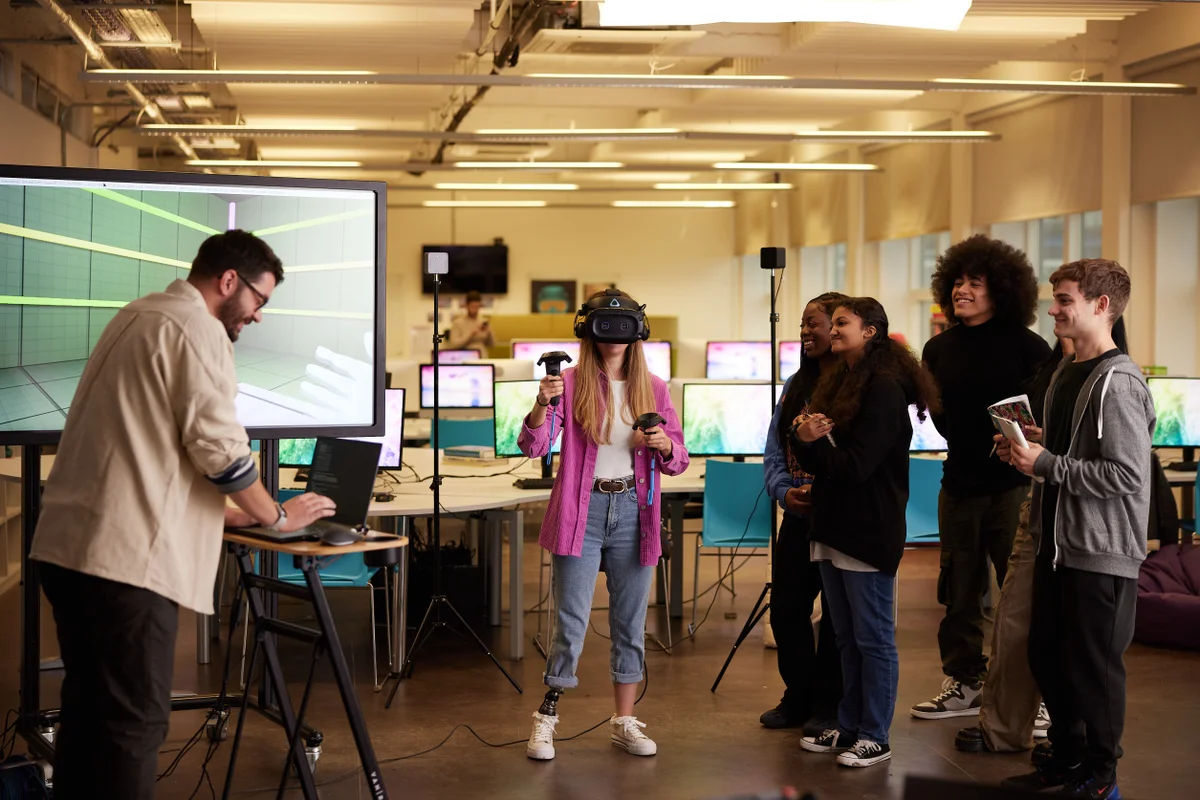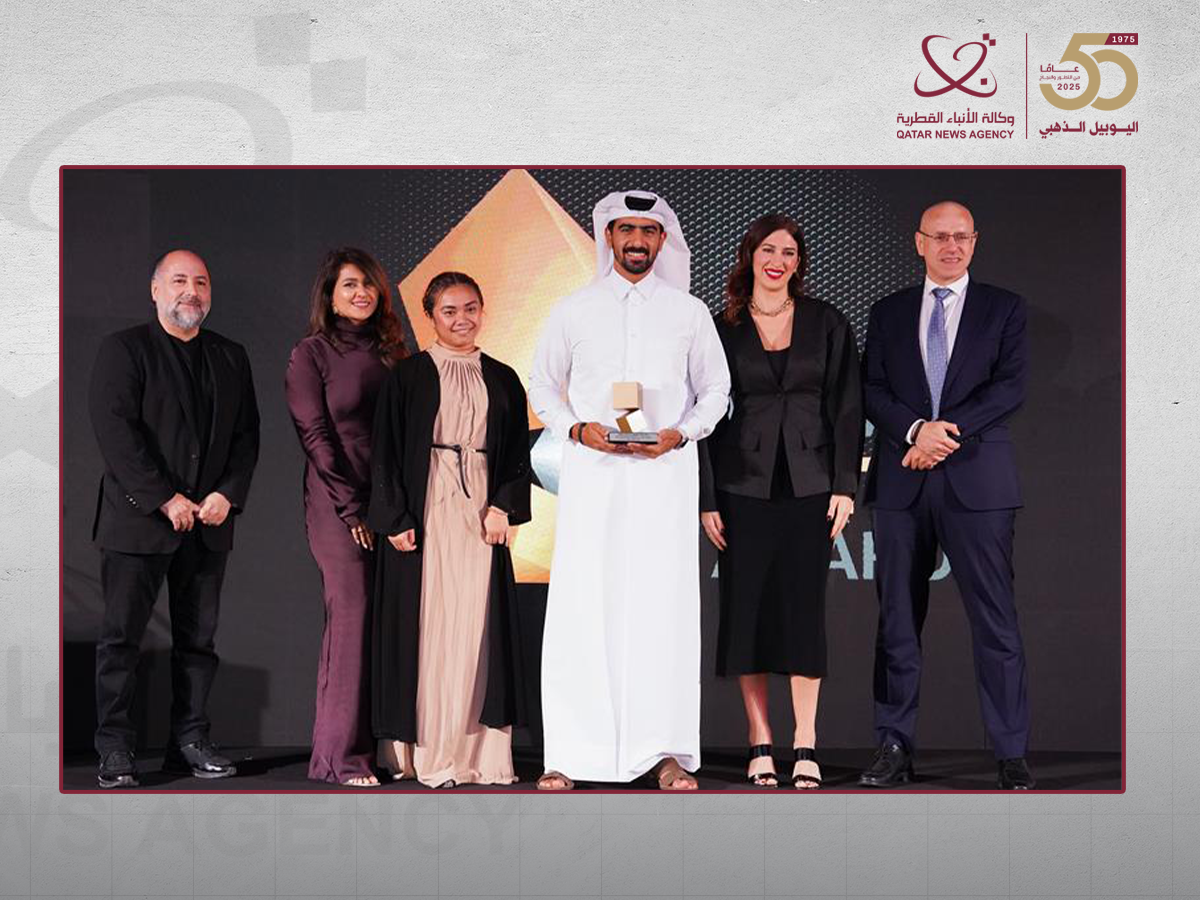By Elizabeth Bennett
Copyright independent

Whether it’s solving a logistical problem, navigating a tricky client meeting or being able to design, craft or build, we all have certain skills that feel straightforward to us yet can seem out of reach to others. A big part of this is tacit knowledge, the personal ‘know-how’ that individuals possess, built up over time. In a work context, this tacit knowledge can open interesting doors to potential new career paths, in which this real-world experience can be shared with the next generation of workers.
Understanding the concept of tacit knowledge is perhaps easiest when compared to its counterpart: explicit knowledge. “Explicit knowledge is something you can fully articulate linguistically and can be understood without context while tacit knowledge is something that can’t be described in the same way and needs its context to be appreciated,” Dr Neil Gascoigne, Reader in Philosophy at Royal Holloway University of London and co-author of Tacit Knowledge, explains.
Gascoigne gives the example of the famous physics equation of E=mc^2. This formula is considered a piece of explicit knowledge, as words can be used to explain the idea. However, the average person wouldn’t know how to use this formula. This is where tacit knowledge comes in. You would need to have studied physics, put your knowledge into practice and learned first-hand how to use formulas effectively in order to make the most of the explicit knowledge given.
In the workplace, a company handbook might explicitly set out the business’ practice for a certain task. However, you would need some tacit knowledge gained through work experience or time in the company to complete this task most successfully and efficiently.
As tacit knowledge is harder to explain with words, it often has a mysterious quality to it. However, as Gascoigne points out, this is only to the untrained eye. “Tacit knowledge often seems obscure to people unless they possess similar skills themselves. Without them, it doesn’t become apparent what expertise is exactly on display,” he elaborates.
“For instance, say I am watching a Grand Slam tennis match. I know there’s an astonishing kind of athleticism, but if I don’t play tennis or am not a committed tennis fan, I might not be able to tell the difference between a really great shot and a more average shot,” Gascoigne says.
This same idea applies in the workplace. Tacit knowledge is gained through experience and consequently, while we all have tacit knowledge, the areas we have it in differ. What’s more, it can even seem quite mysterious to ourselves. When we have worked in a certain industry for a period of time, we aren’t always aware of the tacit knowledge we have gained. While explicit knowledge relates to aspects of our job that we might have had to sit down and learn, our tacit knowledge is obtained in a practical way over time, by doing tasks again and again and subtly learning and improving as we go along.
After a while, we know exactly how to tackle projects or solve problems, almost without thinking. For instance, in the construction industry, this tacit knowledge would help you judge site safety or develop practical skills like site excavation, land levelling or brick laying. If you work in social care, it is only with time and experience that you can pick up on subtle emotional cues or manage crisis situations effectively. While in engineering, years spent tackling complex technical issues allow you to troubleshoot effectively, and draw on a myriad of possible solutions from projects past.
Whatever sector you work in, the knowledge needed to succeed is always a mixture of explicit and tacit, and the latter – this know-how built from personal experience, intuition, and practice – is incredibly valuable when it comes to judging real-world situations, solving complex problems and having an edge over competitors.
And while by definition, not explicit, that doesn’t mean that tacit knowledge can’t be shared. Indeed with time, attention and training, you can drill down on years-honed skills and information, and share it with others through teaching.
In fact, it is at the core of sharing your craft – and that’s far more than a simple list of instructions. “To learn how to do something, you really need to follow the example of somebody who already knows how to do it,” says Gascoigne. “These people have learnt the rules, internalised them and use tacit knowledge to know when they apply and when they don’t.”
Tacit knowledge is particularly valuable when it comes to Further Education teaching (defined as any education for people aged 16 and over who aren’t studying for a degree). This is because the focus is on preparing students for employment, and teachers need to draw on tacit knowledge to share how things really work in their industry. This ensures that students complete their qualifications not only with theoretical competence but also practical and employable skills.
This is why this type of practical learning that further education teachers specialise in can be so valuable. Workshop-style teaching and skills-led mentoring allows for those with experience to share the vital tacit knowledge they have built up over time in real-world scenarios. Meanwhile, those learning from them can see these nuggets of knowledge in action and have a chance to put them in practice as they learn.
If you’re passionate about your industry and interested in sharing your own tacit knowledge, becoming a Further Education teacher can be a really rewarding and valuable career move. Further Education covers a huge range of industry sectors including construction, law, engineering, digital, hospitality, tourism, beauty and more. This includes BTECs (Business and Technology Education Council qualifications), T Levels, NVQs (National Vocational Qualifications) or City & Guilds Qualifications.
Teaching in a mixture of colleges (often General Further Education Colleges or Sixth Form Colleges) and Adult and Community Learning Centres as well as workplace and apprenticeship settings, Further Education teachers share their years of real world industry skills with people of all ages and backgrounds from those straight out of school aged sixteen to those making career switches later in life.
You don’t always need an academic degree or prior teaching qualifications to start teaching in Further Education. You can undertake teacher training on the job, often funded by your employer, so you can start earning straight away. Furthermore, it doesn’t have to be an all or nothing option. Further Education offers flexible opportunities – so you could teach part time alongside your other commitments. This means you could have a best of both worlds set-up, where you are still working in your chosen industry and teaching alongside it at a time that suits your schedule.
Whether it’s shifting your career fully or adding teaching into the mix, becoming a Further Education teacher can be a life-changing decision. One that taps into your well of tacit knowledge and creates a sense of fulfillment from helping shape the next generation of workers in your field.
Why not consider sharing your tacit knowledge where it matters most – helping inspire the next generation of workers in the field you love? Visit Further Education to find out more



